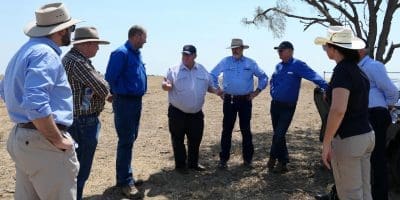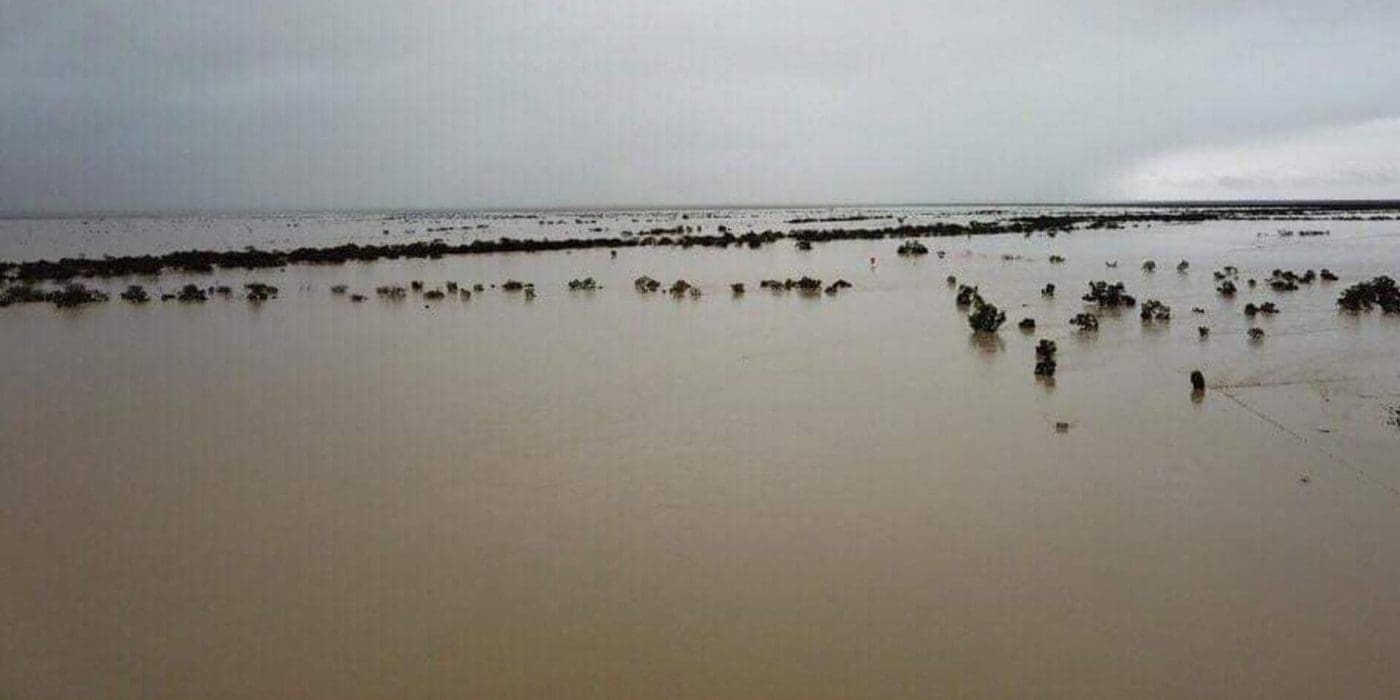One year after widespread flooding wreaked havoc on the north western Queensland cattle industry, the numbers documenting the devastation are clearer, but the recovery process still has years to play out.
Official data provided to Beef Central from the National Drought and Flood Agency places the estimated total cost from the disaster at $5.68 billion in social and economic costs.
Stock losses were as high as 100 per cent on some properties and estimates to date indicate that several hundred thousand cattle, sheep and goats perished.
There were also significant losses to cropping and horticulture businesses and extensive damage to critical infrastructure, including at least 10,000km of fencing, stock watering infrastructure, over 6,400km of state roads and 15,000km of on-farm roads.
The flow-on effects to local businesses, communities, economies and the environment were, and remain, significant.
The financial impacts for primary producers in particular are likely to be felt over a number of years due to the loss of breeding stock, as well as cattle and sheep that were being readied for market in the short to medium term.
 The National Drought and Flood Agency is charged with the responsibility of helping communities to recover, a process that has involved – and will continue to involve – having conversations around kitchen tables, and walking paddocks and fields with farmers as they rebuild and contribute to the country’s economy.
The National Drought and Flood Agency is charged with the responsibility of helping communities to recover, a process that has involved – and will continue to involve – having conversations around kitchen tables, and walking paddocks and fields with farmers as they rebuild and contribute to the country’s economy.
The following assistance for primary producers are funded by the Australian government and administered by the Queensland government through QRIDA:
Special Disaster Assistance Recovery Grants – up to $75,000 is available to dispose of dead livestock, remove debris from properties, salvage crops, buy stock feed, and repair plant and equipment.
At 21 January 2020, grants totalling $100.7 million had been provided to 1976 primary producers, with the majority taken up for beef cattle farming enterprises. This scheme closes on 28 February 2020.
Restocking, Replanting & On-farm Infrastructure (RRI) Grants – up to $400,000 (dollar-for-dollar) to assist with restocking, replanting and replacement of on-farm infrastructure damaged by flooding.
At 21 January 2020, 142 primary producers have received grants totalling $41.1 million. This scheme is open to 30 June 2021.
Also available is the Flood Freight Subsidy Restocking and Agistment Scheme which provides restocking freight subsidies of up to 50 percent to a maximum of $50,000 per year for two years after the floods for producers in the Burke, Carpentaria, Cloncurry, Flinders, McKinlay, Richmond and Winton shires.
These grants are only part of the Australian Government’s response, with up to $3.3 billion committed for various response and recovery measures, including for small businesses and the not-for-profit sectors.
A spokesperson for the agency said it continues to work closely with industry and all levels of government so it can best understand the needs of producers, giving them the flexibility to rebuild their businesses on their terms.
“This collaboration is key to the region’s recovery, and recognises decisions need to be made at a local level and are locally implemented.”
The Prime Minister established the North Queensland Livestock Industry Recovery Agency on 1 March 2019 and appointed the former NT Government chief minister Shane Stone as its Chief Executive Officer (CEO).
On 5 December 2019, the Agency’s remit was broadened to include drought, and was renamed the National Drought and North Queensland Flood Response and Recovery Agency, headed by Mr Stone as Coordinator-General for Drought and Flood.

